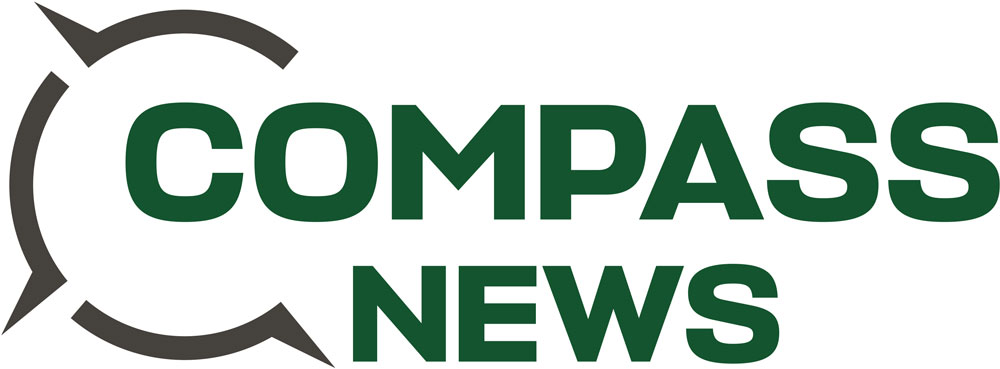Ottawa Mayor Mark Sutcliffe is asking his council colleagues to support a municipal budget that would hike property taxes by a maximum of 3.75 per cent and provide a significant funding boost to the local police force.
Last week, Sutcliffe released the city’s budget directions, which offer guidelines for next year’s fiscal plan. While the directions include specific increases and cuts to various city programs, the final budget must still be approved by council later this year.
“I made a commitment to residents to work as hard as possible to make our city safer, more reliable and more affordable,” Sutcliffe told reporters. “We’ve managed our city into a strong financial position.”
“[But] we need to bring a careful, balanced approach to the next budget.”
Sutcliffe emphasized that raising property taxes by 3.75 per cent or less would ensure the hike is less than last year’s increase. He also maintained that his administration’s success in standardizing and automating municipal processes has saved the city approximately $207 million, which otherwise would have resulted in a 10 per cent spike to property taxes.
Notably, the report also suggests a city-wide tax levy increase of up to 2.9 per cent, which would give a funding boost to municipally-administered services, like public libraries and Ottawa Public Health, while the Ottawa Police Services could see an increase between 2.9 and 6.5 per cent.
If passed, it would be the largest increase to the city’s policing in more than 15 years.
During his remarks, Sutcliffe described community safety as one of his major priority areas, adding that it’s an issue he routinely hears about from Ottawa residents.
“They want to see more and better policing,” he said. “This is a time when we invest in public safety, invest in policing…, that’s what our residents expect.”
However, the proposal was criticized by, among others, Knoxdale-Merivale Coun. Sean Devine, who said increased funding for police is “not as high on the wish-list as the mayor suggests” for residents in his west-end ward.
“Generally, the crime rate in Ottawa is relatively low, and seemingly on the decline,” Devine said in a post on social media. “…[B]ased on my inbox, ‘feeling safe in their community’ is not the highest concern.”
“I don’t know if it’s outrageous for Ottawa Police Services to be asking for a decent increase to their budget… [but] it only seems outrageous because every other budget is starved year after year.”
Meanwhile, Tom Ledgley, coordinator of the advocacy group Horizon Ottawa, said municipal leadership should focus on what he described as more pressing issues facing the city, like housing, transit and general affordability.”
“None of which are solved by pouring more money into policing,” he said.
As reported by other news outlets, Ottawa’s crime rates saw a marginal increase last year, largely due to an uptick in non-violent crimes, while more serious offences fell slightly from 2023 to 2024.
Ottawa Police Services is currently preparing a transition to a ‘district deployment model,’ which will split the capital into four distinct regions to allow for a more tailored approach to public safety. The transition, set to be launched in January 2027, involves hiring an additional 63 officers and carries a reported cost of $11.4 million.
The budget directions also include a boost to public transit funding between three and 15 per cent, a 10 per cent garbage fee increase, as well as potential fare hike (between 2.5 and 7.5 per cent).
The city budget is traditionally approved towards the end of the calendar year.

